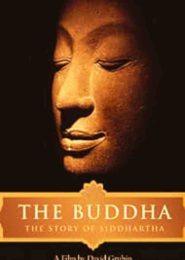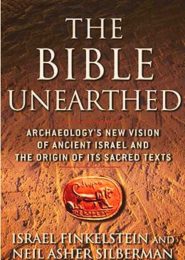History of Islam (2015)
In an era marked by global turbulence, terror attacks, and heated political debates, understanding the Islamic religion has become more crucial than ever.
The five-part documentary series, History of Islam, produced by Caspian Report, aims to provide an objective and sweeping summary of Islamic identity.
The series dives into the origins of Islam, meticulously drawing from historical accounts dating back to the 7th century.
The premiere installment introduces us to the earliest beginnings of Islam. We witness the prophet Muhammad’s conception of religion.
Notably, Abu Bakr, Muhammad’s father-in-law, becomes the first non-blood relative to embrace Islam publicly. His brief but impactful rule over the Caliphate follows Muhammad’s passing.
Episode 2 focuses on Umar, the Caliphate’s second ruler. Umar’s military prowess propels Islam’s prominence across vast territories—Mesopotamia, Persia, Syria, and Egypt.
His tempestuous yet sharp-minded character undergoes a profound transformation due to religion. Umar’s mission is to inspire societal reforms.
Uthman, Umar’s successor, takes center stage in the third episode. Under his leadership, Islam continues to expand. However, internal divisions escalate, leading to Uthman’s eventual assassination by rebel opposition. The complexities of power and dissent unfold.
The fourth chapter explores Ali, Uthman’s successor. Ali’s popularity rises, but so do divisions within the Islamic movement. The tensions culminate in significant historical events, shaping the course of Islam.
The final episode reflects on the legacy left by these early leaders. It examines the challenges faced by subsequent generations and the enduring impact of their decisions.
History of Islam invites viewers to critically engage with the religion’s past, questioning established narratives and seeking a deeper understanding. By weaving together historical evidence and vivid storytelling, the series sheds light on the multifaceted journey of Islam.




